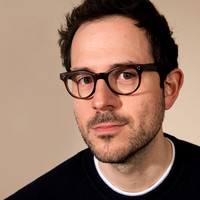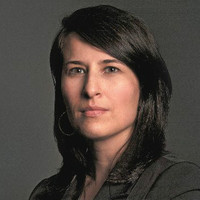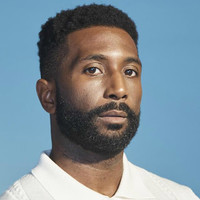Jesse David Fox covers comedy for Vulture, where he hosts the podcast Good One. His new book is Comedy Book: How Comedy Conquered Culture—and the Magic That Makes It Work.
“There’s a complete lack of anyone who’s ever written about comedy seriously compared to any other art form. There’s just nothing. … So the challenge was, how do you start a conversation that no one has been participating in?”










